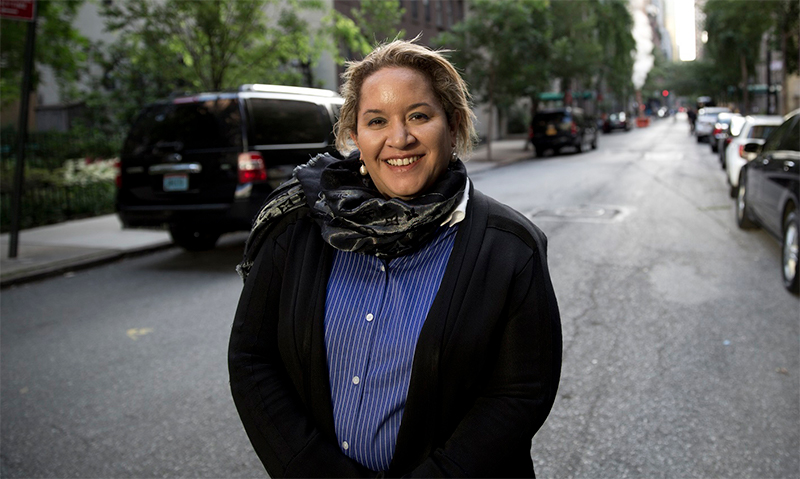
Dr. Megan Davis. Photo credit: University of New South Wales
Accelerating Indigenous self-determination after Trump
Australian Indigenous activist-turned-academic Prof. Megan Davis has more than two decades of work with the United Nations under her belt. That’s enough time to become frustrated with an international bureaucracy that the Pro Vice-Chancellor of the University of New South Wales is working with colleagues to reform. However, the last four years of attacks and funding withdrawal by former U.S. President Donald Trump have reminded Davis not to take for granted international legal systems aiming for peace through diplomacy.
“They’re not perfect but the alternative is far worse to contemplate,” she said during a Feb. 4 Distinguished Visitor virtual lecture for the University of Manitoba’s Faculty of Law and Centre for Human Rights Research.
Davis is vice-chair of the UN Human Rights Council’s expert mechanism on the rights of Indigenous peoples. Its mandate includes visiting countries to help resolve Indigenous rights disputes.
“This work of the UN is critical – to travel to difficult places … and to bring an outside human-rights-based perspective” based on the UN Declaration on the Rights of Indigenous Peoples (UNDRIP).
Davis said Indigenous peoples are reshaping liberal democracies using the declaration. She is helping lead a UN study on how the right to Indigenous self-determination should be put into practice to change people’s lives.
Strategies that have failed in her own country include forcing Indigenous organizations to incorporate rather than relying on traditional forms of governance. Internationally, market liberalization has had a harsh impact on Indigenous peoples, she said.
Self-determination requires both redistribution of state power to Indigenous governments and constitutionally guaranteeing enhanced participation of Indigenous peoples in the democratic life of the state. Putting self-determination into practice requires revival of Indigenous languages and even traditional games that embody Indigenous legal principles.
University of Manitoba law Prof. Brenda Gunn has known Davis since they were young lawyers advocating for improvements to the UNDRIP draft. She said Davis’s talk reminded her “how hard Indigenous peoples have had to fight for recognition of our rights at every step of the way and how easily the slide-back can happen.”
Davis’s lecture can be viewed online.






